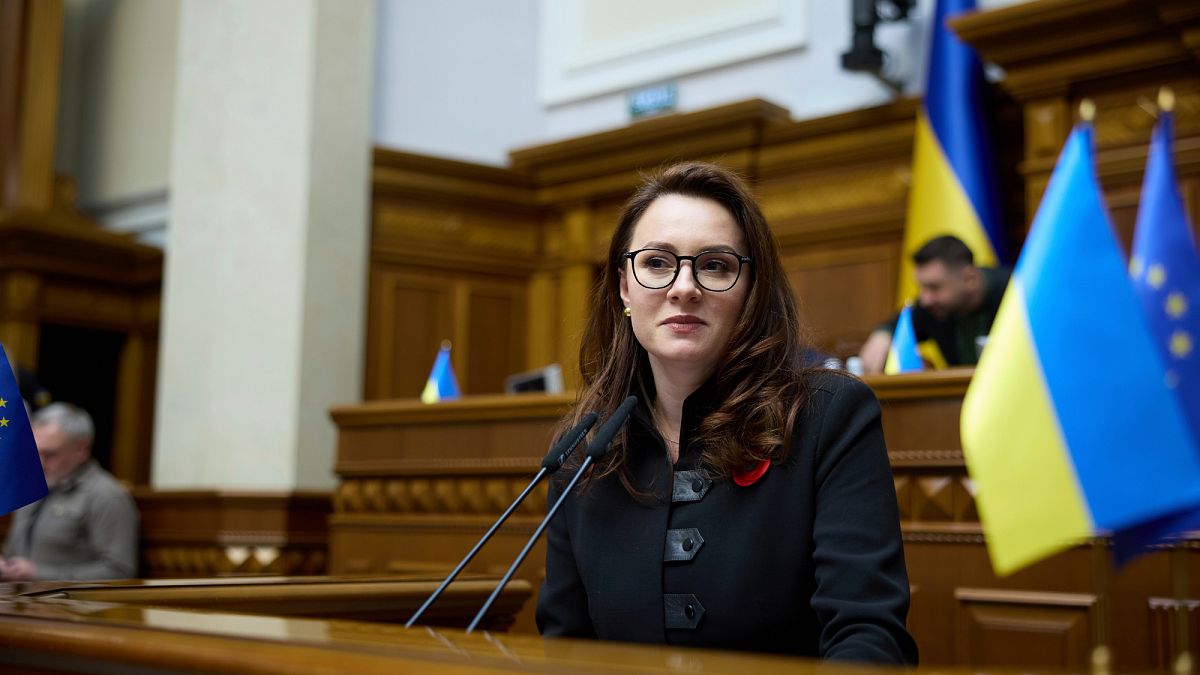

Recent developments in international politics showcase a diverse range of interactions and shifts that underscore the complexities of contemporary global relations. From leadership changes in Ukraine to delicate negotiations in the Middle East, each event offers a glimpse into the multifaceted nature of today’s political environment.
In Ukraine, a significant change in leadership was announced as President Volodymyr Zelenskyy appointed Yulia Svyrydenko, a seasoned economist with an extensive background in government roles, as the country’s new Prime Minister. Svyrydenko’s appointment comes at a time when Ukraine is navigating challenges both domestically and internationally. Her experience as the Minister of Economic Development and Trade, as well as Deputy Head of the Office of the President, positions her as a capable leader adept at steering the nation through economic and political intricacies.
Meanwhile, in the Middle East, Israel’s foreign affairs minister Gideon Sa’ar conveyed to Euronews that Israel has no long-term intentions of controlling Gaza. Sa’ar emphasized that Israel’s concerns are primarily rooted in security, a statement that comes during a period of heightened tensions in the area. Concurrently, in Gaza, at least 22 people were reported killed in Israeli airstrikes, as negotiations for a ceasefire remained stalled. The complexities of ceasefire negotiations highlight the challenges faced by both sides in reaching a lasting resolution.
Across the Atlantic, diplomatic dynamics between the United States and Ukraine are being reinforced. A productive meeting between a U.S. envoy and President Zelenskyy laid the groundwork for a new phase in military collaboration, as the U.S. President announced plans to send Patriot missile systems to Ukraine. This development, complemented by further weapons agreements, represents a strengthening of support for Ukraine amidst ongoing tensions with Russia. President Trump’s conditional threat of severe tariffs on Russia, aimed at pushing toward an end to the conflict, added another layer to the geopolitical discourse.
Furthermore, in a broader context, the elusive pursuit of peace and stability in the Middle East remains a pressing issue on the international stage. French President Emmanuel Macron’s anticipated absence from the upcoming UN summit on a two-state solution for Palestine and Israel underscores the uncertainties that surround diplomatic efforts. Macron’s commitment to a two-state solution has been a focal point of his advocacy, but progress is impeded by the lack of substantial movement in ceasefire discussions between Hamas and Israel. The UN summit, scheduled for late July, remains a critical juncture for potential diplomatic advancements, though significant announcements seem uncertain in Macron’s absence.
These interconnected developments across various regions reflect the intricate web of international relations, where diplomacy, leadership, and security often intertwine. As nations navigate through these complex landscapes, the importance of dialogue, negotiation, and strategic foresight remains paramount in shaping a future of stability and cooperation.
Source: {link}
